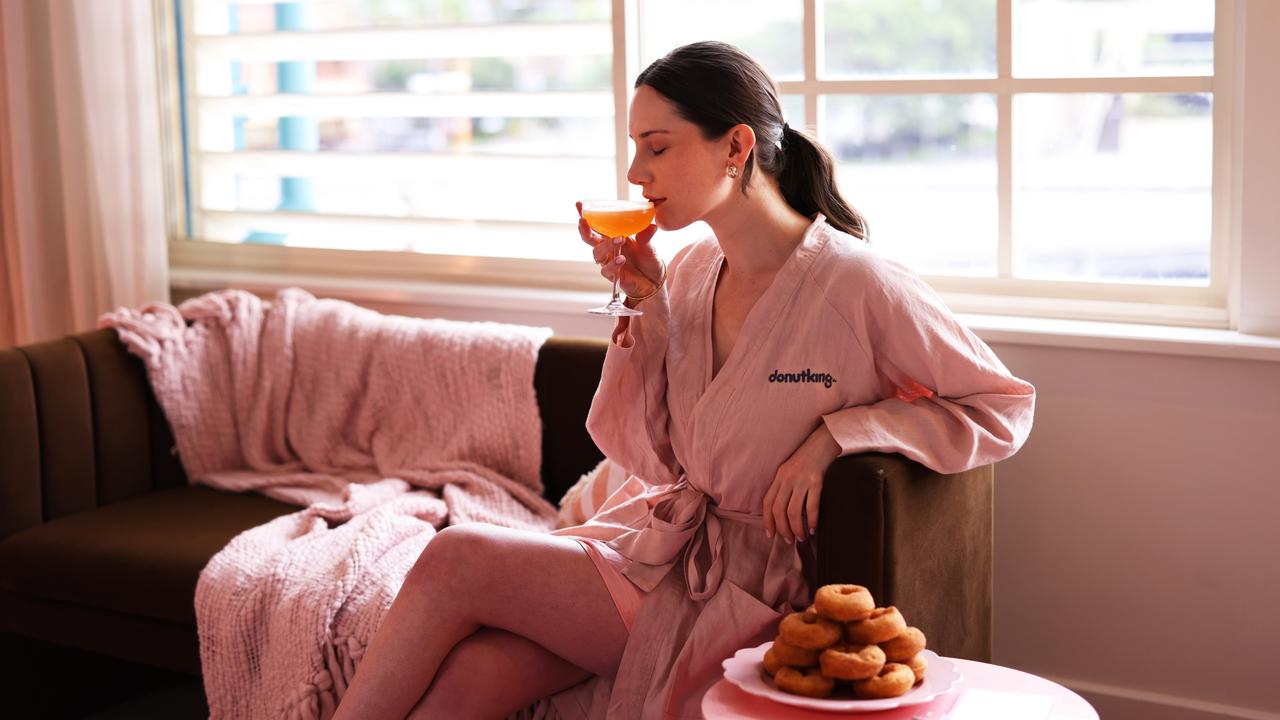University student lifts lid on shocking rape culture
When Josephine Gazard started at a prestigious Aussie university she never imagined it would almost break her. WARNING: Distressing.
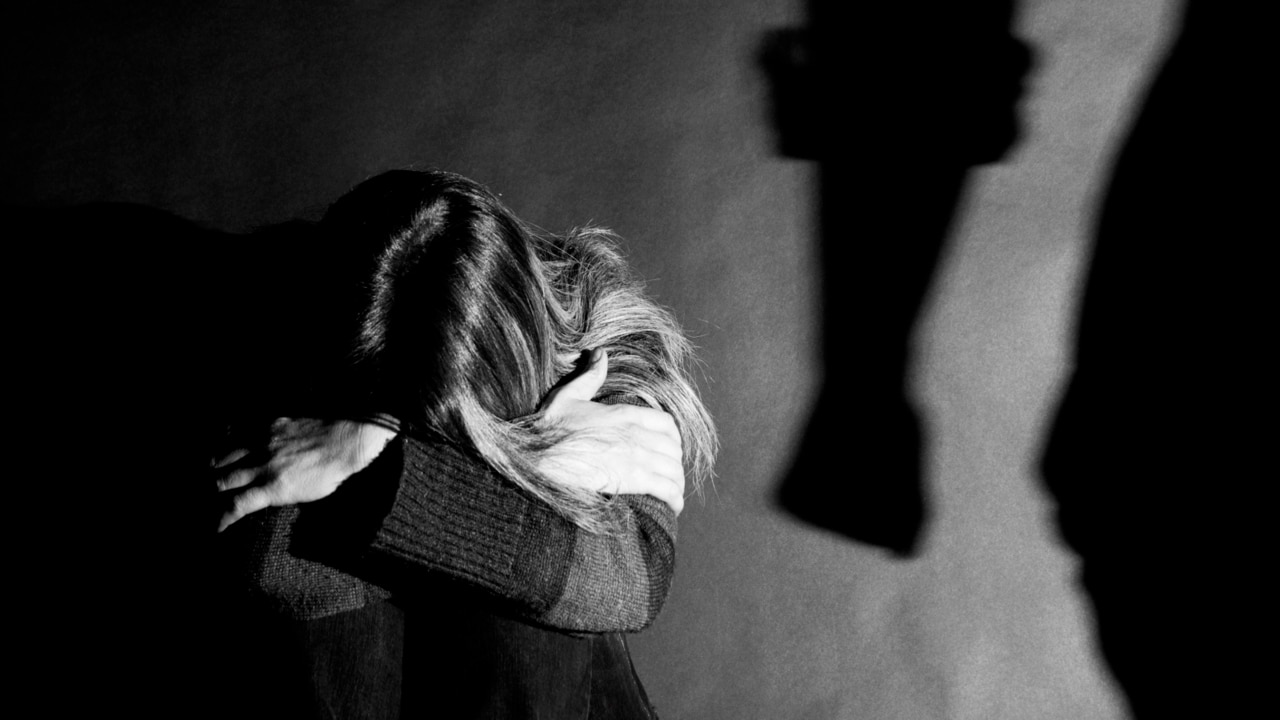
Lifestyle
Don't miss out on the headlines from Lifestyle. Followed categories will be added to My News.
EXCLUSIVE
Josephine Gazard did not make it a full month into her first semester at university before she was allegedly sexually assaulted by an older student in her bed. Now, she’s written a powerful fictional play inspired by the experience.
In 2021, then aged 19, Josephine had recently moved from country acreage near the small town of Googong, NSW to Sydney, to complete a Bachelor of Arts, majoring in theatre studies. The promise of a coeducational college living environment appealed to the young drama student.
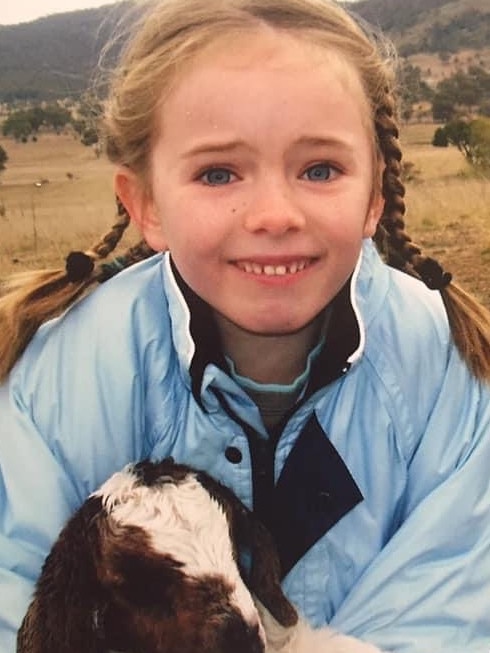
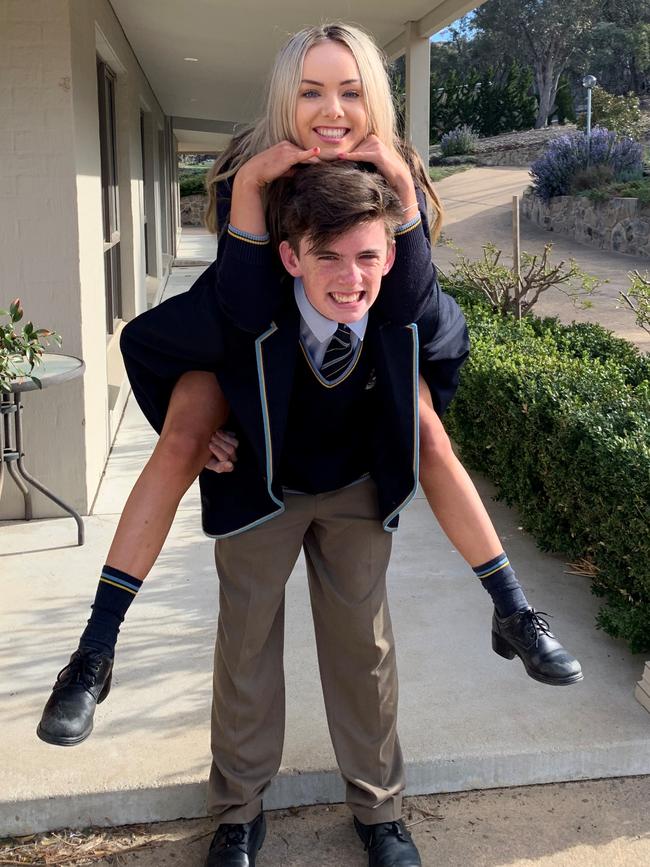
“I was so excited to move out of the country. The convenience of everything was crazy, like the fact you could walk to the supermarket was nuts to me, because I was so isolated [growing up],” she says.
Immersed in the vibrant university culture, she was thrilled to be able to explore her passion. But blended with the excitement and anticipation of making new friends, were niggling concerns about her new home and the safety of its students.
“A lot of people knew each other and were from Sydney. Straight away there was hazing but we were told it was not hazing,” Josephine says.
“In the first week we participated in an event called ‘speed dating’ where the freshers [first year students] had to answer explicit questions about sex to each other and then act out our favourite sexual positions in front of the older residents,” Josephine says.
“There was a lot of forced alcohol drinking and rituals, such as being asked to skol 12 standard drinks in 10 minutes.
“We were told by the second and third year students we were ‘weak as piss’ and made to sing songs about being weak as piss,” says Josephine.
“I was told by two third year boys that if I was not drinking I should be throwing up. Then I was made to skol an entire bottle of Passion Pop in 10 minutes.”
Each fresher was then assigned nicknames. “I was called ‘Liability’ and I had to wear a helmet for the week,” Josephine says.
“You are told the same thing happened to them so they get to do it to incoming freshers.”

Despite the hazing, Josephine found she had a mix of complex, often conflicting emotions towards her new home.
“You just feel so lucky because they tell you that you are so lucky to be there. So you want to fit in, you want to have the best years of your life, because that is how it is sold to you,” she says.
And there were fun moments.
“When we were hanging out in one of the girl’s rooms or getting ready to go to a party it was so much fun,” Josephine says.
‘Feeling of real confusion’
But three weeks into her stay, Josephine’s new world would come crashing down when she was allegedly sexually assaulted.
The alleged perpetrator was a fellow student and Josephine says it happened following a college party.
“I had spoken to him before but I didn’t know him at all. It happened in my room,” she remembers.
Immediately after the alleged assault, Josephine texted her sister saying she needed to talk. It was 4am and by chance her sister was awake.
“I called her. I told her what happened and she was shocked.”
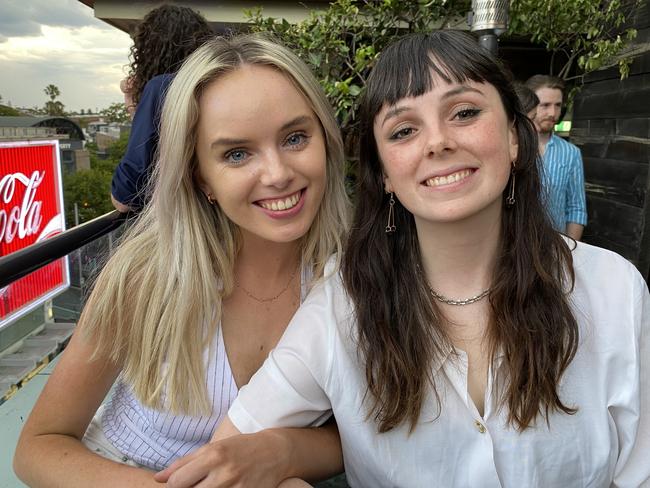
Two days later, Josephine reported the alleged incident to two pastoral care members – who were second year students.
She says they “were lovely” but did not inform her that a sexual assault service was located less than a block away.
“I just remember the feeling of real confusion … I was not offered a room change so I was in the same room where the assault happened,” she says.
“At first I didn’t want to admit to myself what had happened. I wanted so badly to belong. I wanted to love it there … so when something throws you off course, it’s really hard because you still want to belong and fit in.”
Three weeks later, Josephine’s mum travelled to Sydney to attend a parents’ drinks night.
“When I saw mum, it hit me how unhappy I was being there. I opened up and told mum what had happened,” says Josephine.
“She was so shocked but I remember her really clearly saying to me we were going to get through it together.”
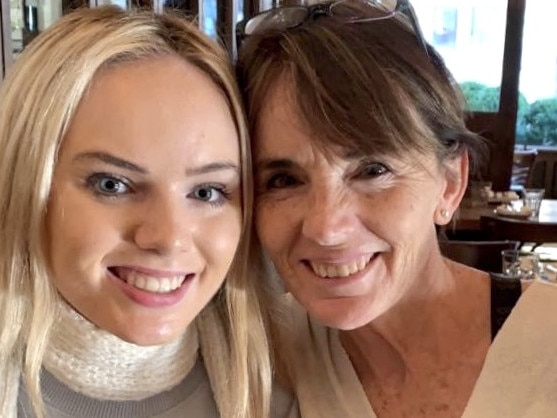
Josephine’s mum connected her to a sexual assault service and learned the only way to have the man removed from the college where he was living was to make a formal report.
“I remember thinking ‘hell no!’,” says Josephine. “No. Absolutely not. I’m not going through an investigative process.
“Why would I do that? I felt so embarrassed about what had happened to me. The last thing I wanted to do was … give a blow by blow description of a really embarrassing, shameful incident which I didn’t want to talk about at all.”
But then Josephine’s mum said she would move to Sydney for the duration of the investigation and support her.
“It gave me strength,” says Josephine.
‘I was cross examined’
“Making the formal report was the most intense experience of my life,” says Josephine. “I went for four interviews over two weeks. I had to rehash the trauma in a lot of detail down to the colour of the towel on my bed.
“I was asked question after question. What side of my neck was the hickey on? Did I take a photo? Who shut the door? I felt like they were trying to trip me up. I was essentially cross examined.
“I was told not to talk about it to anyone and made to sign a form to say the college had talked me through my options.”
Witnesses and Josephine’s sister were all interviewed. The process was intended to be confidential, but she claims meetings were held in an office indiscreetly sandwiched between student bedrooms.
“Then the college failed to show up to one of my meetings because they forgot,” Josie says.
“Towards the end they told me that he didn’t mean to hurt me and he was upset. It was like a slap in the face.
“This is an institution that is meant to protect you and has told you they have your back. So it felt like a friend telling me that – gaslighting me.
“I felt so manipulated and shamed by the whole process.”

Josephine didn’t report the alleged incident to police as she felt the initial reporting process had already been hard enough and she couldn’t face going through it again.
Following the complaint, the man was immediately suspended and, after the investigation was carried out, he was permanently excluded from the college where he had been staying. News.com.au understands the student denies all allegations made against him.
A spokesperson for the college where Josephine lived says they “deeply regret the trauma that Josephine Gazard experienced”.
A statement from them read: “[the college] follows Trauma Informed Practice, focusing on the welfare of victims. This includes an extensive pastoral care network, anonymous reporting, and the use of external investigators. Students are supported in reporting incidents to the police if they wish.”
Further trauma
Josephine was still sleeping in the room where the alleged assault had happened.
“You can’t shake it. It lives with you. And you can’t recover until you are out of that environment. You can’t heal in the place that makes you sick.”
When Sydney went into another Covid lockdown, Josephine headed home to Googong. Slowly, with her family’s love and support, she began to process her trauma.
“Once I was home I had so much emotion,” she says.
“I was really angry, and I was so hurt and felt absolutely broken by the whole experience.
“I began working hard on acting again and taking acting classes because that is something I had lost,” she says.
“I thought I’m going to write a play about sexual assault and put words down. I felt like I was finding my passion again.”
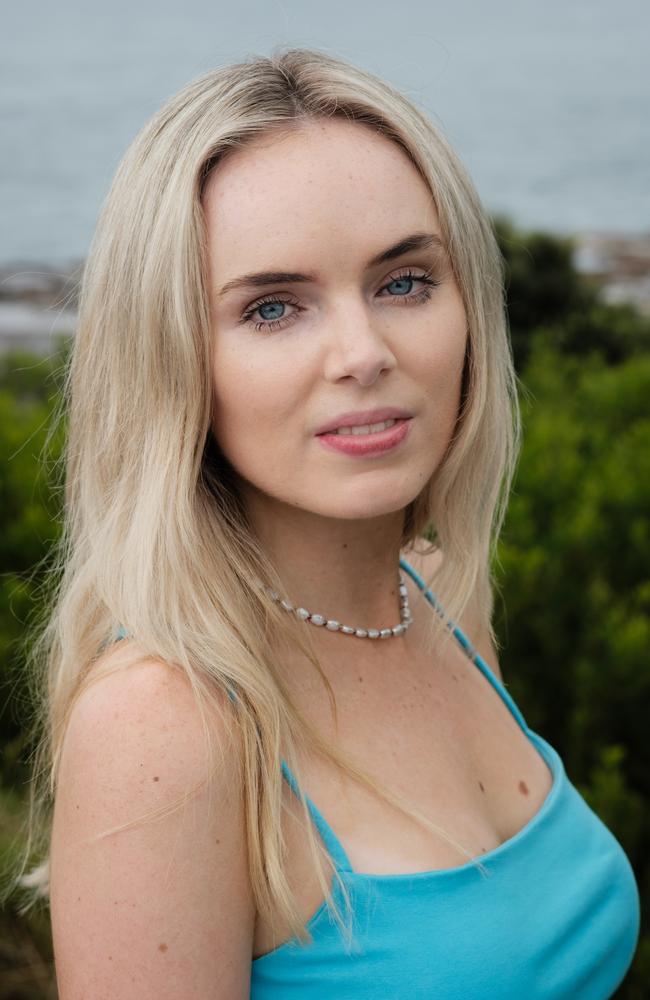
Finally, when Covid restrictions lifted, Josephine moved back to college – play in hand – for her final month of 2021.
“I remember the day I went back I burst into tears. I knew at that point I would never be going back for a second year,” she says.
While researching for her play, Josephine discovered the explosive Red Zone Report which details a timeline of hazings and sexual assaults at university residential colleges around the country dating back to the 1930s. It included allegations that male students would habitually masturbate into women’s shampoo bottles so that girls would unknowingly wash their hair with semen.
The colleges responded to the reports by rebranding O-Week, “Welcome week”. But the cosmetic change seems to have had little impact on the culture.
“They still have a thing called ‘slut juice’ which is an alcoholic goon mix,” says Josephine of her time in 2021. “They still have boys streaking naked through the AGM in week two, as though that’s normal.
“They still have a hazing ritual where freshers are driven out to a farm in the middle of nowhere and made to drink.
“There is still a hook up culture, and a thing called ‘buffet’ where students go around with a camera taking photos of students hooking up which they post on social media.
“These small things which people laughed off, contribute to a rape culture … so many women come out totally broken.”
A standing ovation
Finally, at the end of 2021, Josephine walked out of the college for the last time.
“I have never been more excited to leave a place in my life, I was like get me out!”
Now, Josephine has turned her painful experience into something powerful and has written and is performing her one-woman show That’s What She Said.
Josephine’s one woman, 75-minute performance was selected to be performed at the Storyteller festival in 2022, where Josephine received a full standing ovation.
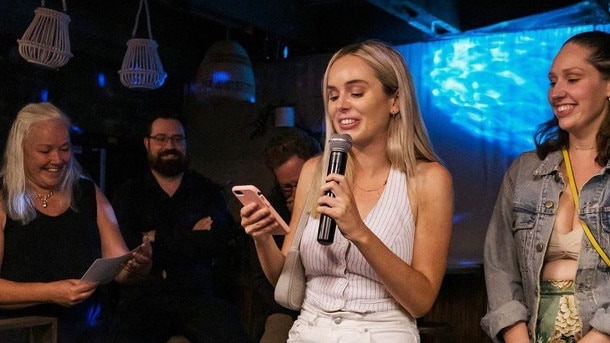
Next month it will officially launch for a season at Kings Cross theatre.
Written as a response to the ongoing problem of sexual violence on university campuses, Josephine’s show asks us to examine what exactly the system is (or isn’t) doing to protect victims and prevent these crimes.
“This play has become my voice and is such a big part of me. I hope people see it and it gives them hope and it becomes a tool for recovery.
“If one person can sit through this play and feel less alone and seen because of it, then I’ve done my job and for me that’s it.”
Already the play has attracted the support of some powerful figures in the theatre world including Suzie Miller, author of Prima Facie.
“She read my play and sent me an email at 2am. To have someone I really admire say ‘I believe in you and your work’ – after the year I had just had – it really made me want to keep going,” says Josephine.
Josephine is scheduled to do 12 performances and host four panels on Saturday evenings after the performance in partnership with survivor advocacy group With You We Can.
Panels will tackle subjects such as consent education, the legal system, sexual assault in Indigenous communities and rape on campus.
“I want to contribute to the conversation. Sexual assault is so prevalent … it is a lived experience for so many people. We are all so fed up with the justice system and lack of resources for survivors and it is so important to keep changing the system. That is my hope,” Josephine says.
Nina Funnell is a Walkley Award winning journalist and the lead author of The Red Zone Report.
More information and tickets for That’s What She Said can be purchased here. Performance dates: May 6 to 29. Times Saturday 5pm, Sunday and Monday 7.30pm
Where to find help:
If you or someone you know is experiencing sexual abuse or family violence contact:
National sexual assault, domestic violence counselling service 1800 RESPECT on 1800 737 732
Safe at Home helpline 1800 633 937
24-hour emergency accommodation helpline 1800 800 588 Bravehearts sexual assault support services 1800 BRAVE 1
Originally published as University student lifts lid on shocking rape culture


